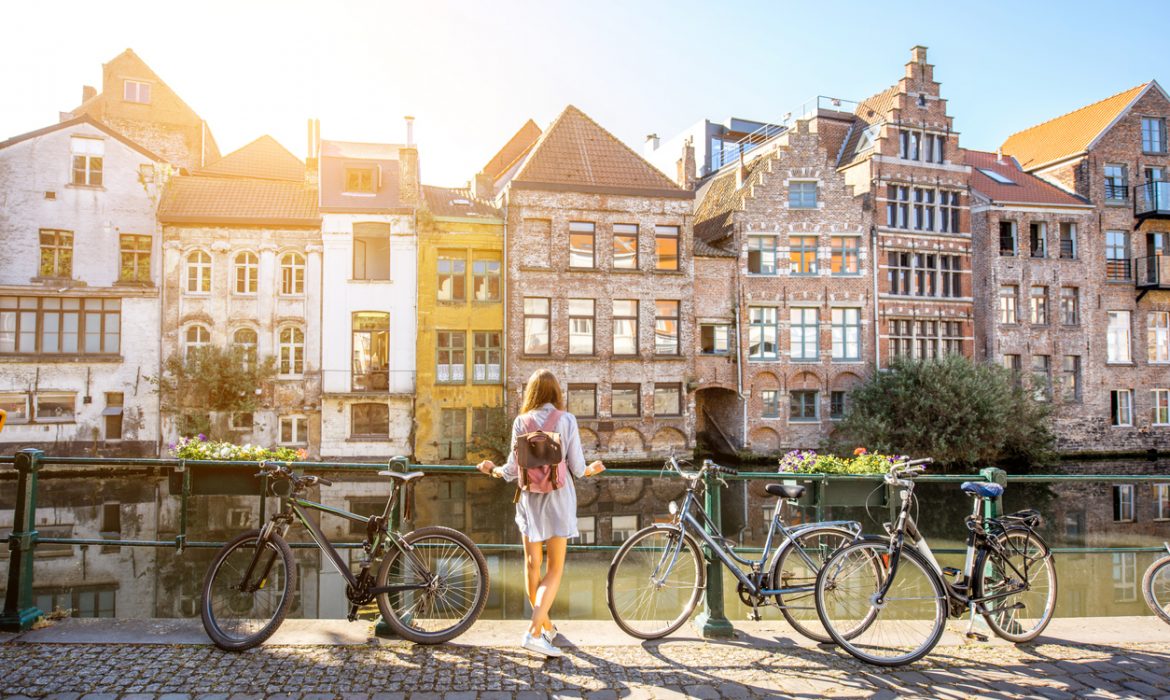Belgium faces a potentially risky summer as its citizens take vacations abroad, but it is vastly more prepared than at the start of the year when skiing holidaymakers brought the new coronavirus back, its health minister said.
Belgium, badly hit by the pandemic, set up a traffic light system this week to determine which returning travellers will need to quarantine. From Saturday, it will also make wearing masks mandatory in shops and other indoor spaces.
“We took all the measures to be prepared for a second wave. Now the dangers are the vacations… people coming back from vacation as we saw in the month of March,” Maggie De Block told Reuters in an interview on Friday.
The country of 11 million people has a testing capacity of up to 50,000 per day, De Block said, and wide-ranging controls.
Travellers who visit Lisbon or two areas in Spain will have to quarantine, while passenger information will be collected for certain flights to trace people in case of confirmed infections.
De Block said a lack of greater coordination with Belgium’s neighbours was a “big concern”. France, Germany and the Netherlands all eased restrictions on visitors from non-EU countries, the Dutch initially opening to 14 countries.
Belgium has not permitted non-essential trips from outside the European Union or Schengen free travel zone, which includes some non-EU countries including Norway and Switzerland.
Belgium has reported 9,781 fatalities from COVID-19, which has seen it placed at the top of tables as the worst hit country on a per capita basis.
However, almost 40% of the deaths are where COVID-19 is only suspected, not confirmed. De Block said Belgium had followed the recommendations of the European Centre of Disease Control, but others had not.
“Some say we were very brave, some people say we were very naive to report all the deaths,” she said.
Other countries may appear to have fared better, she said, but in some cases this was simply due to under-reporting.






